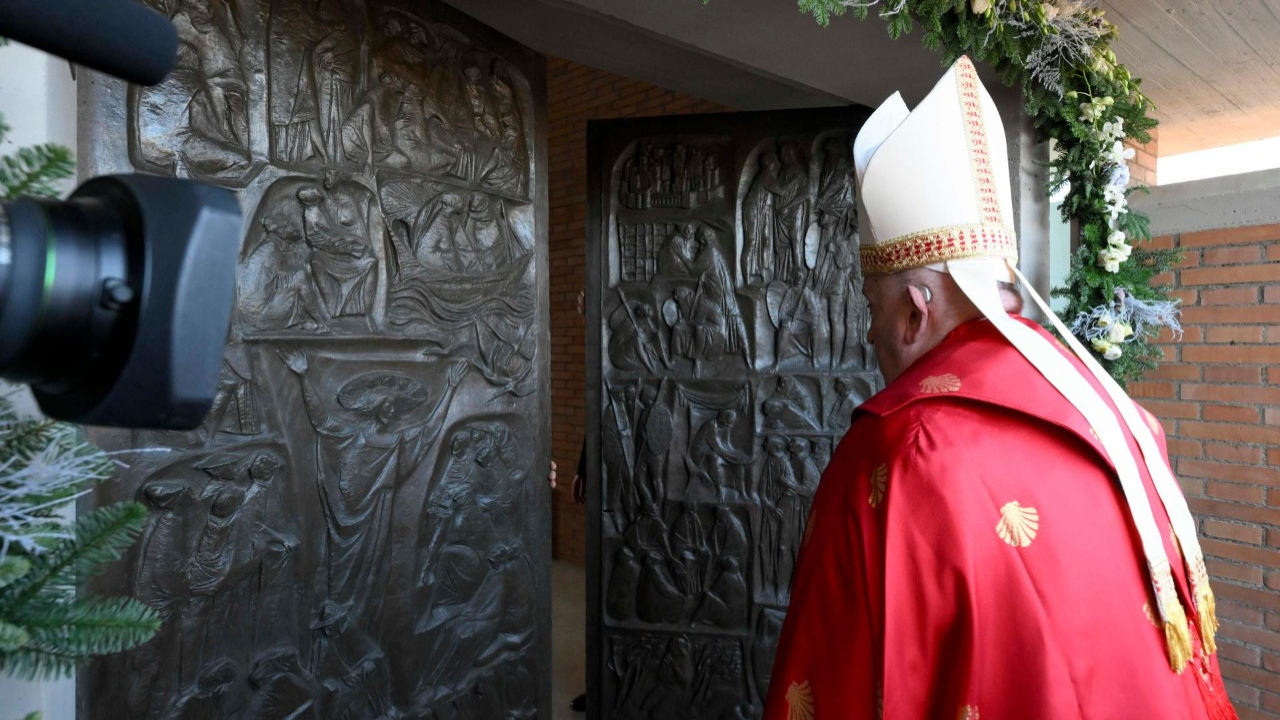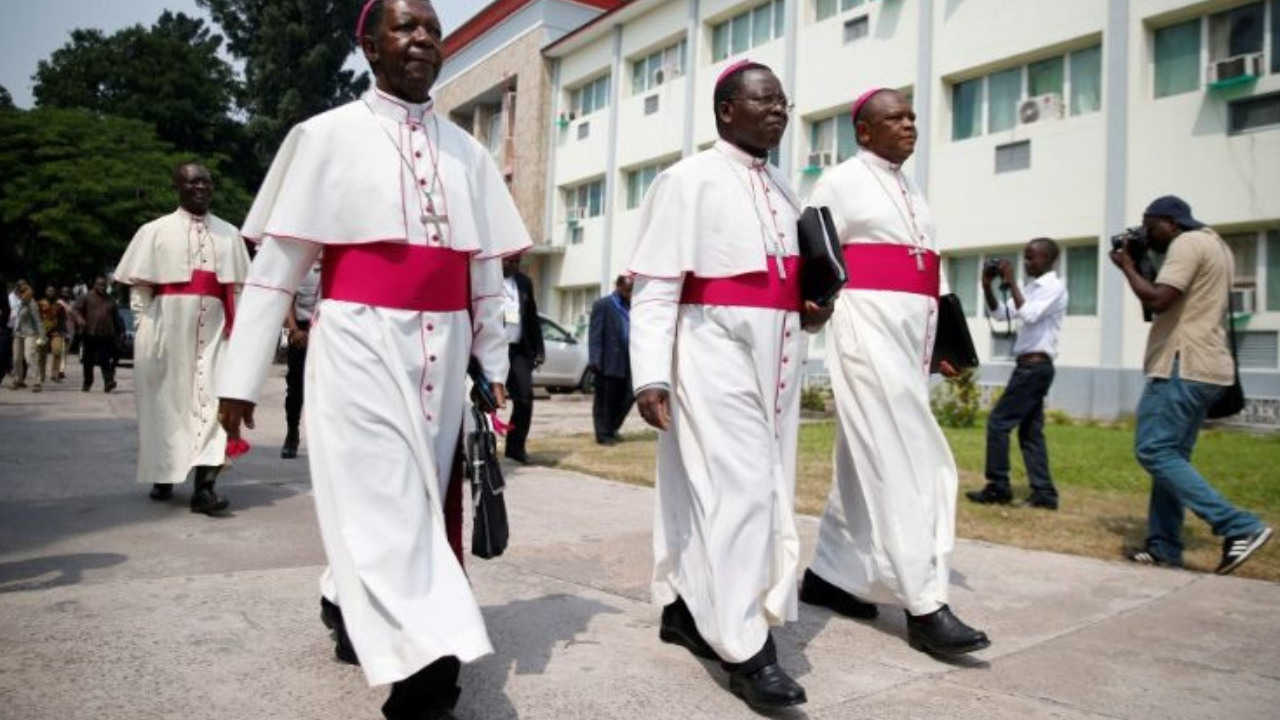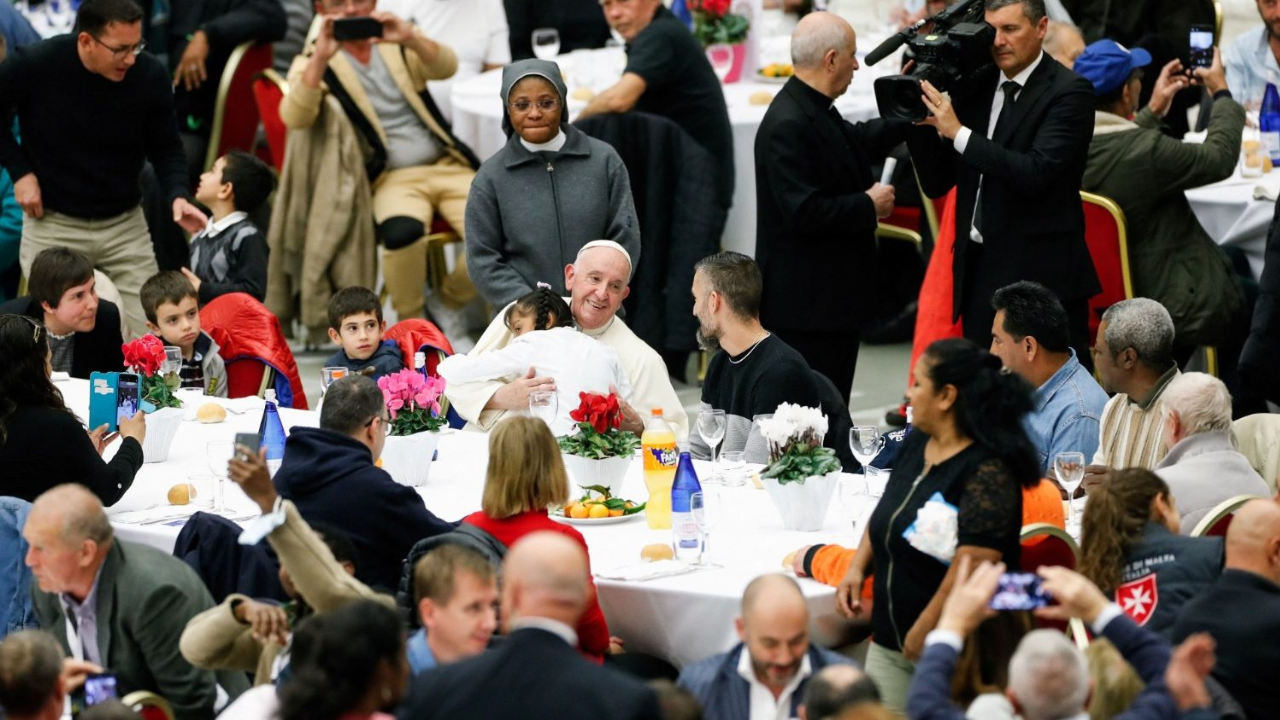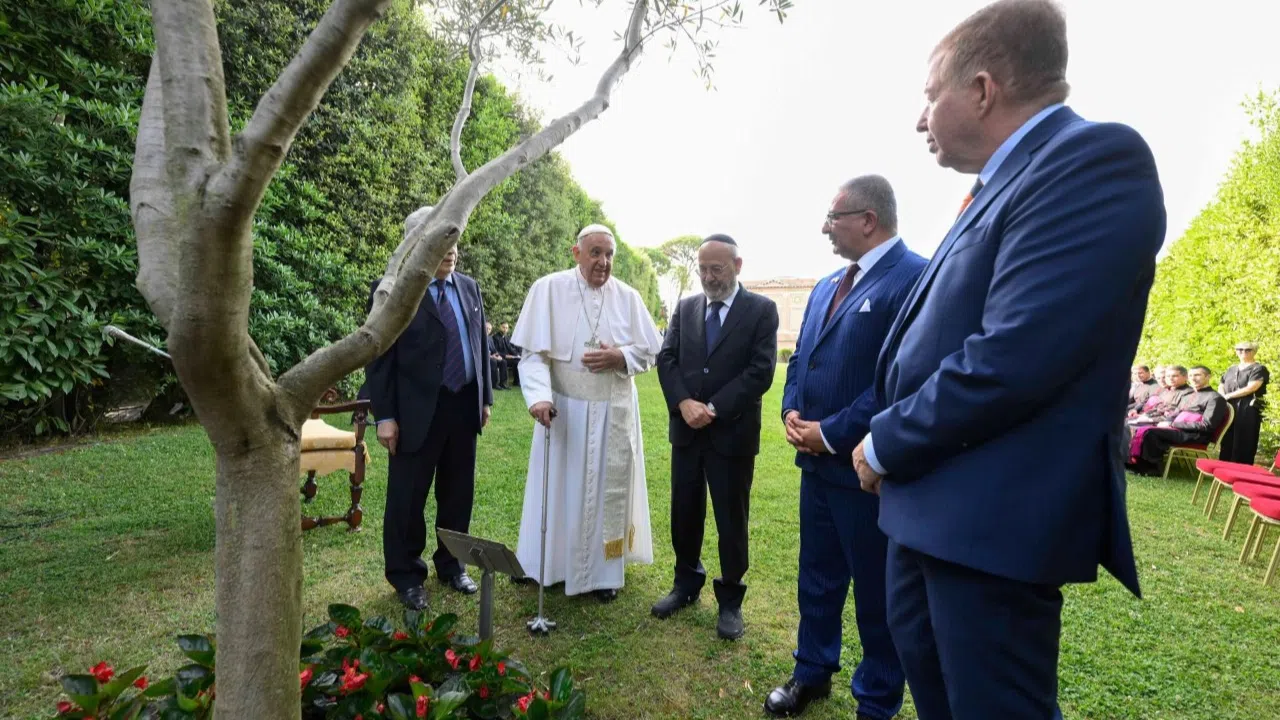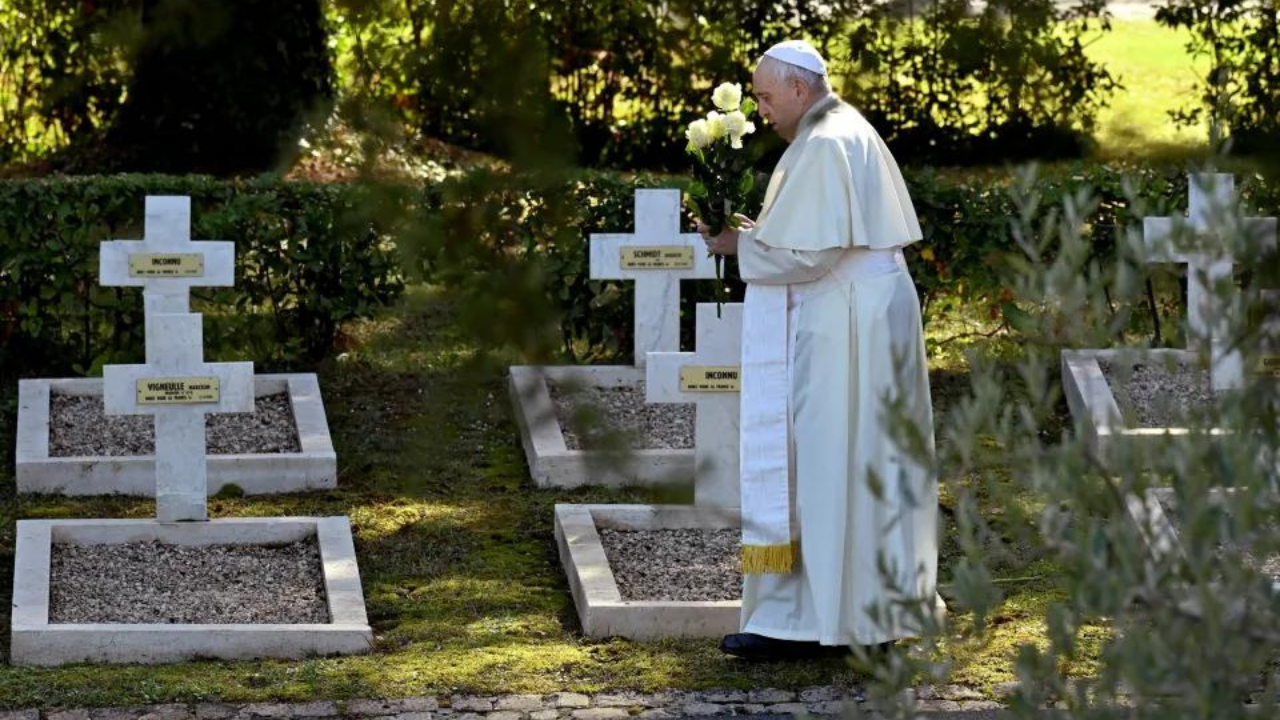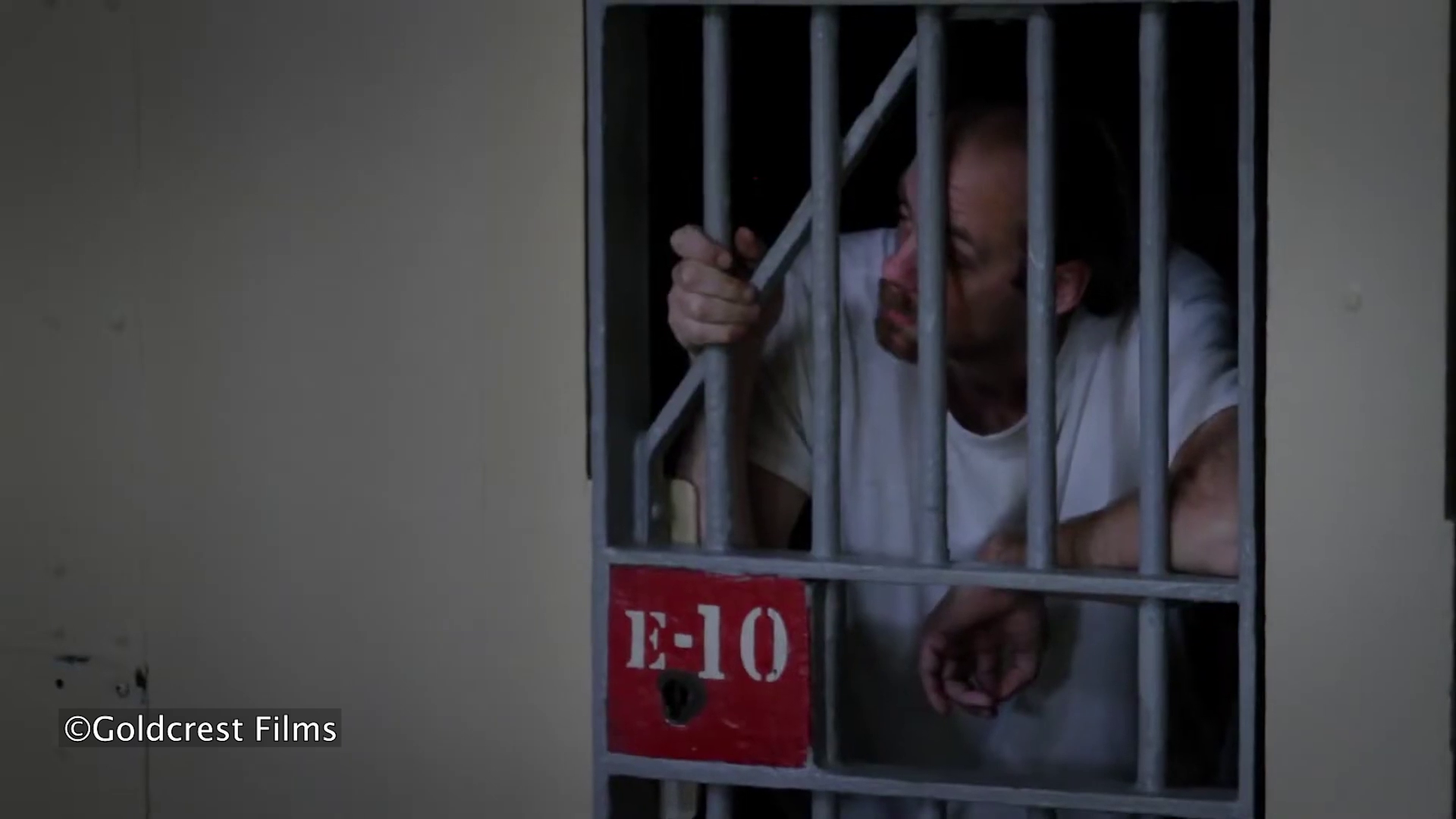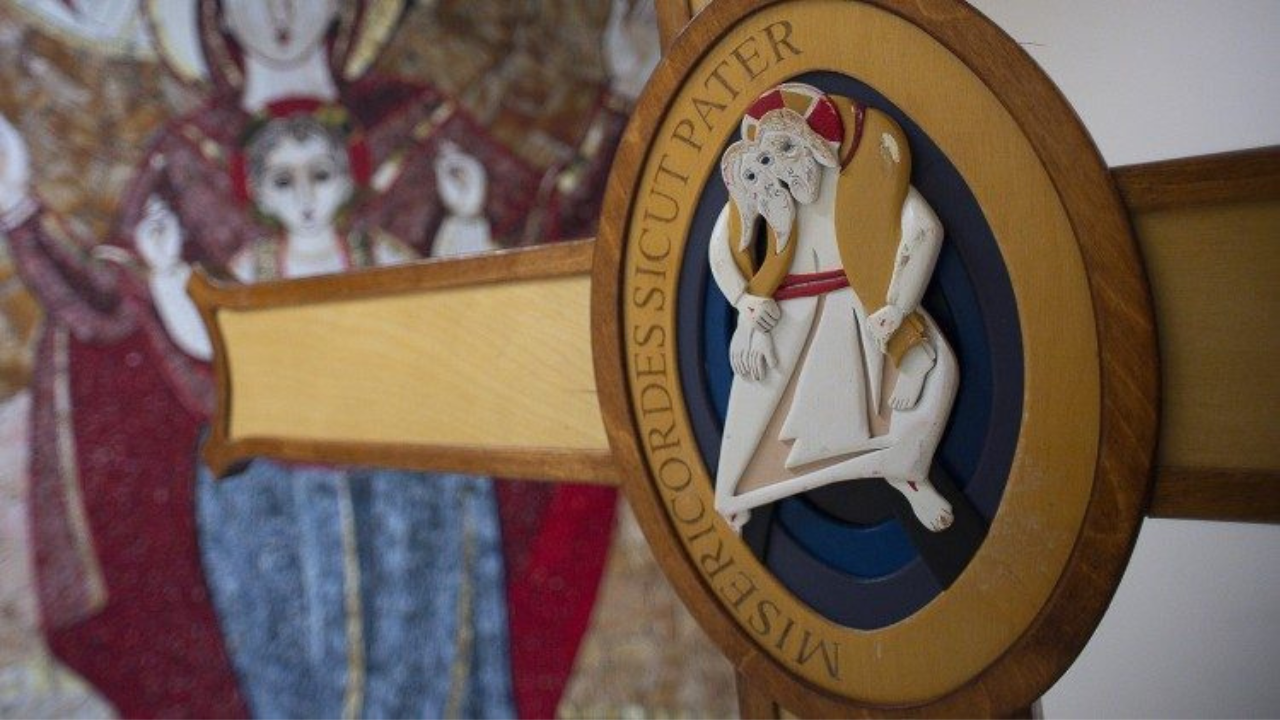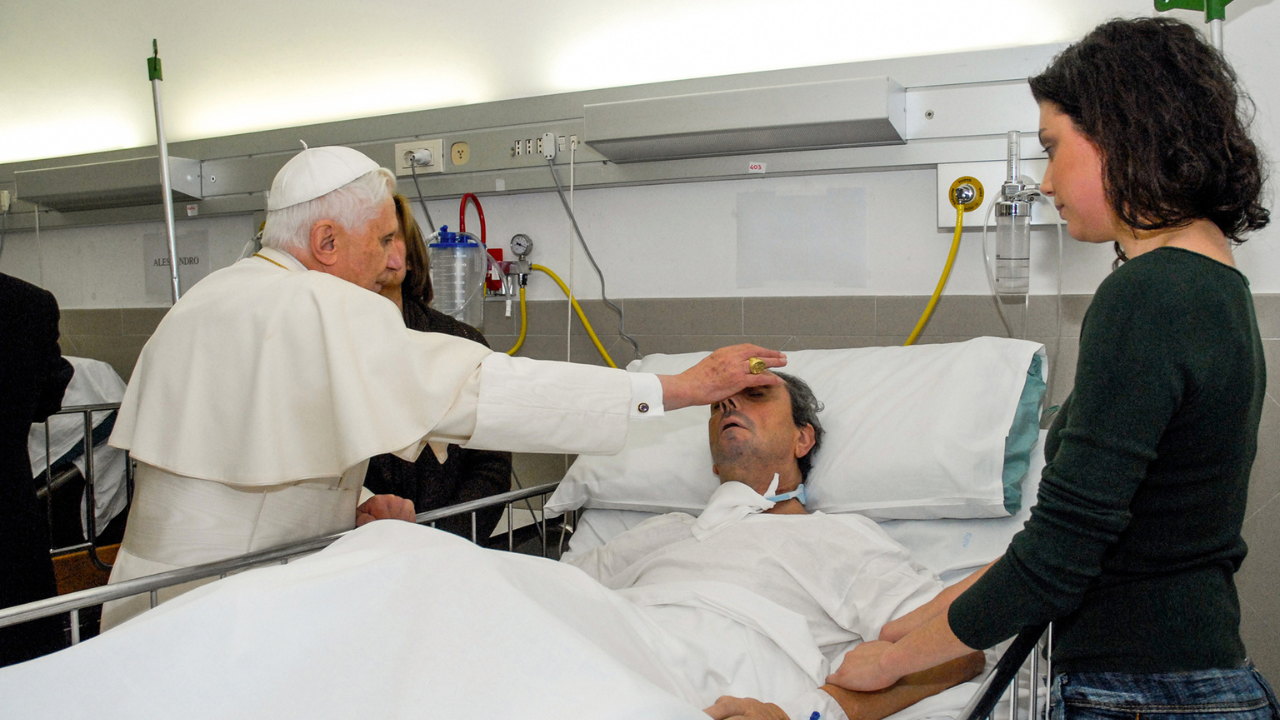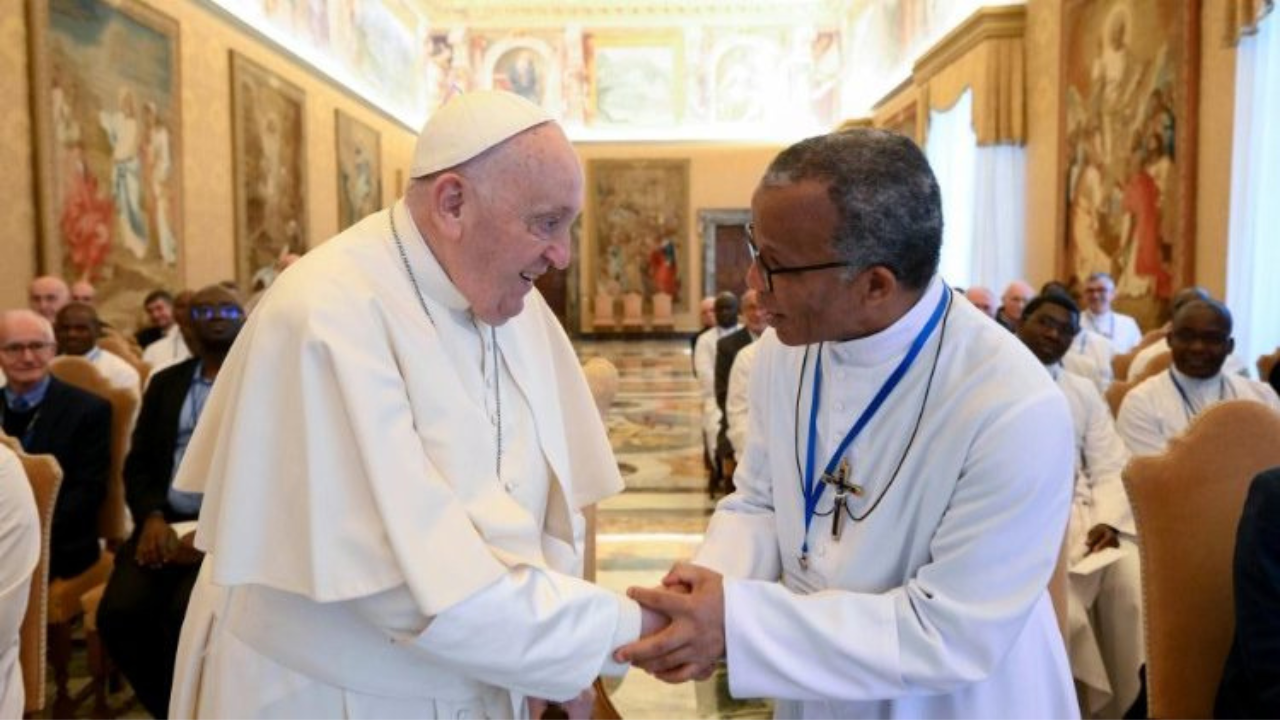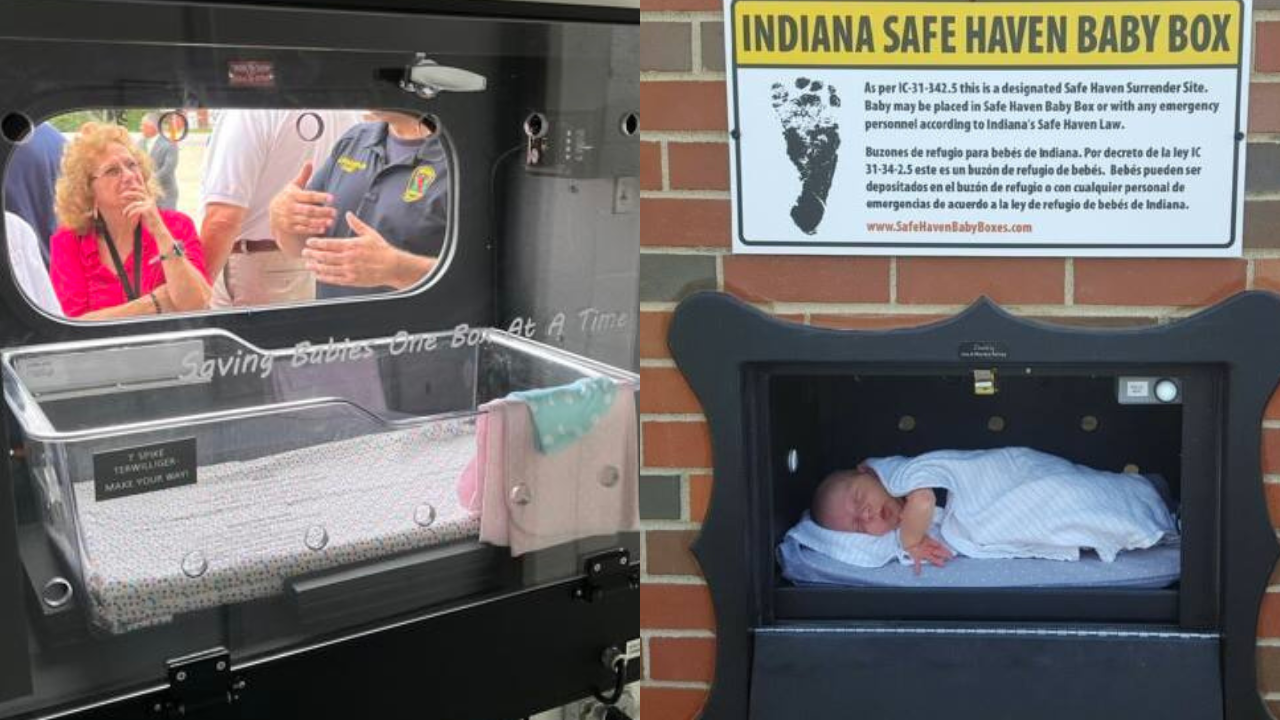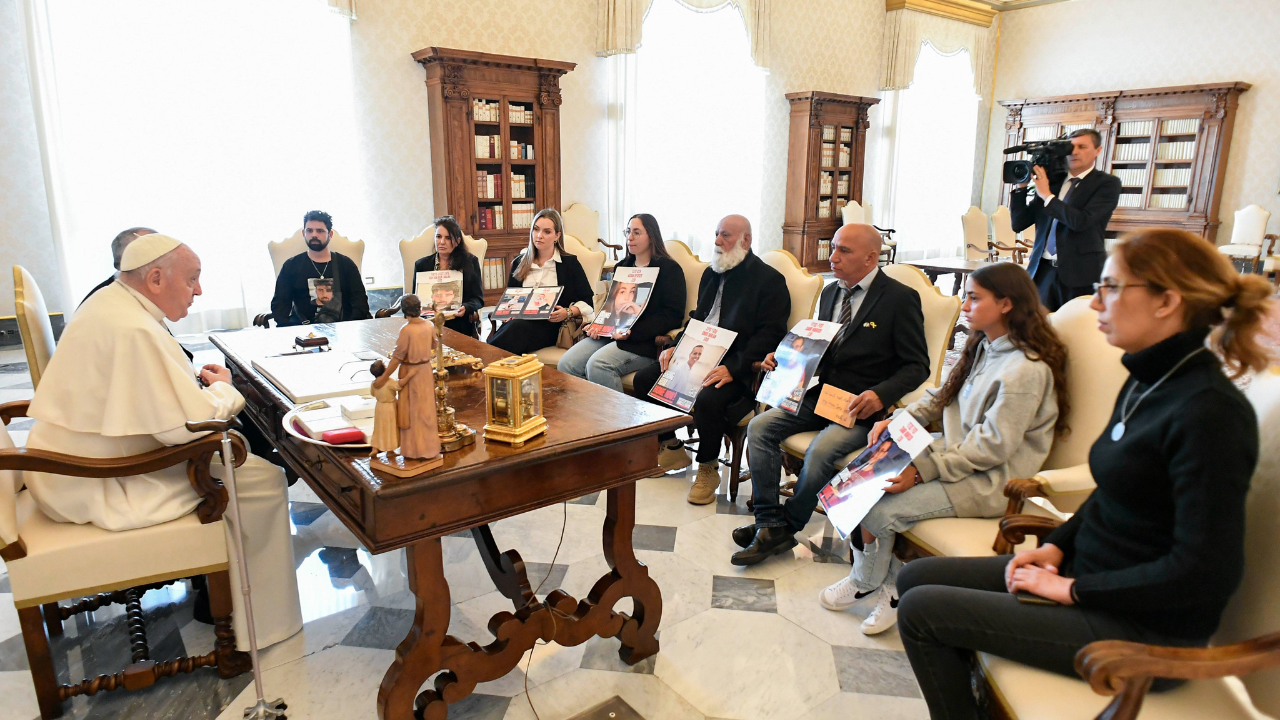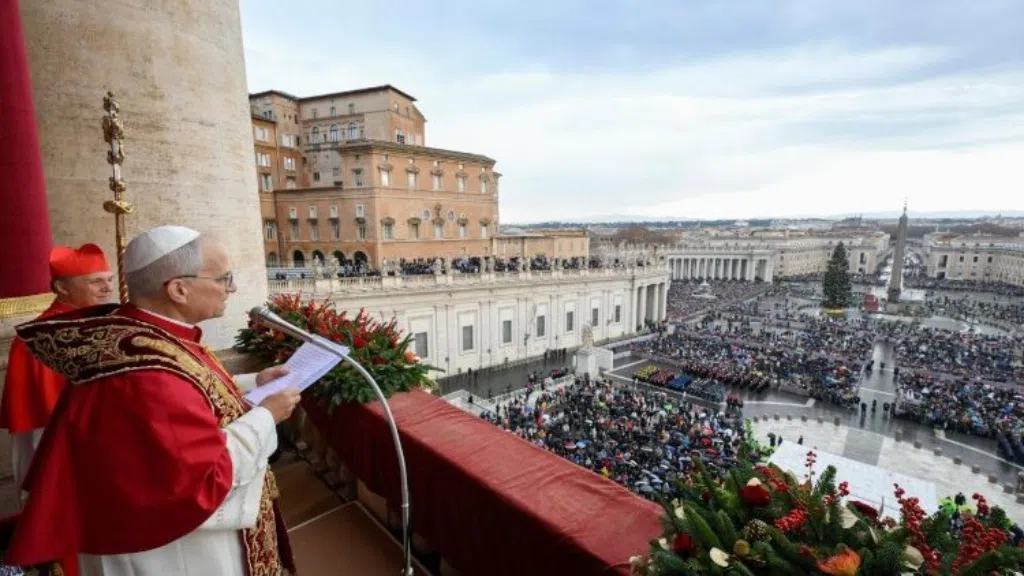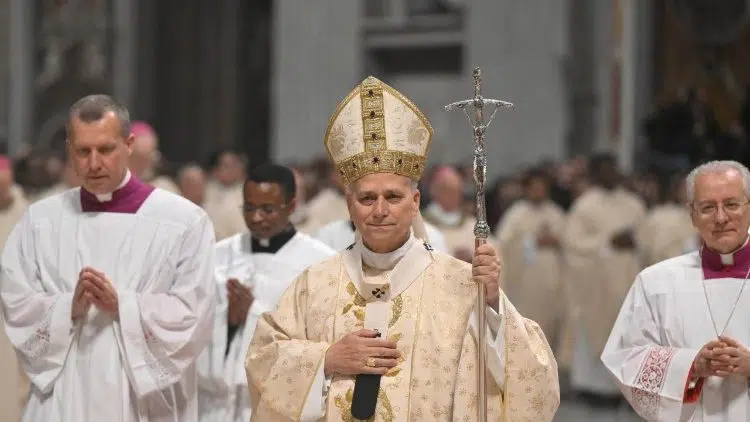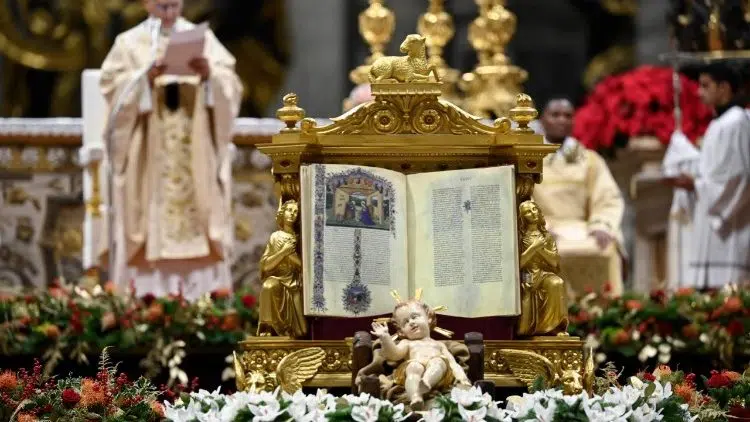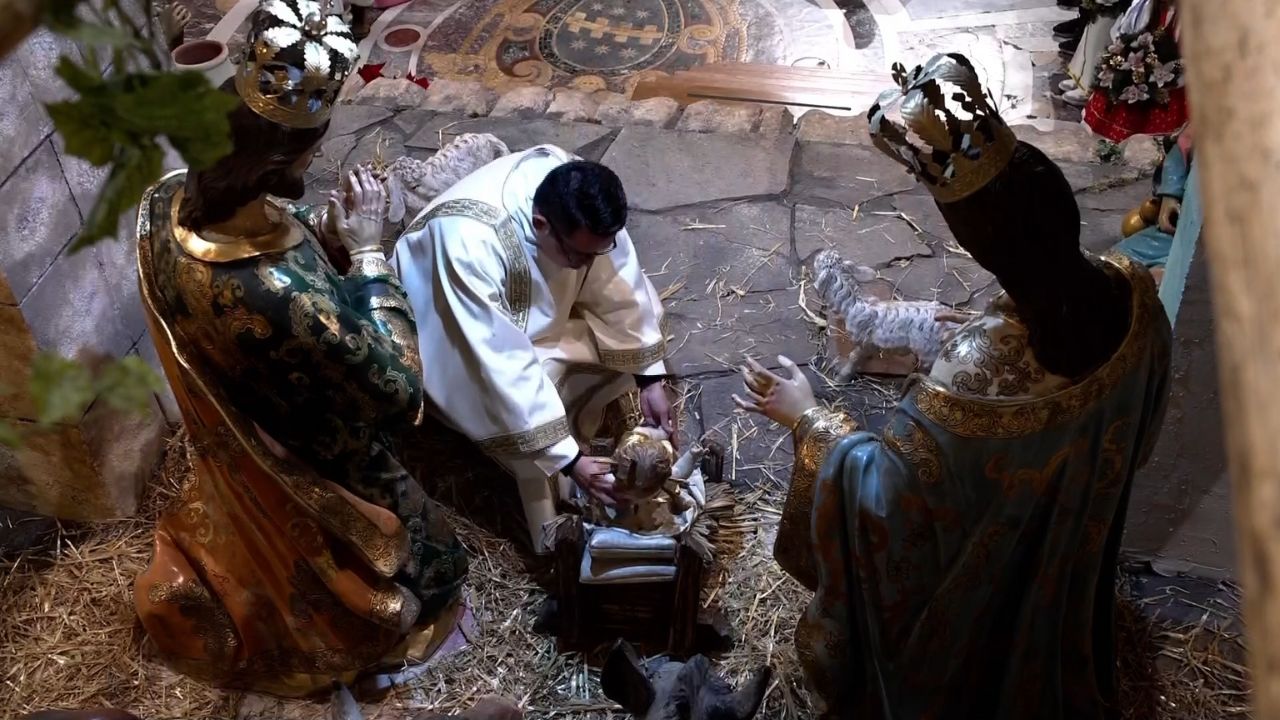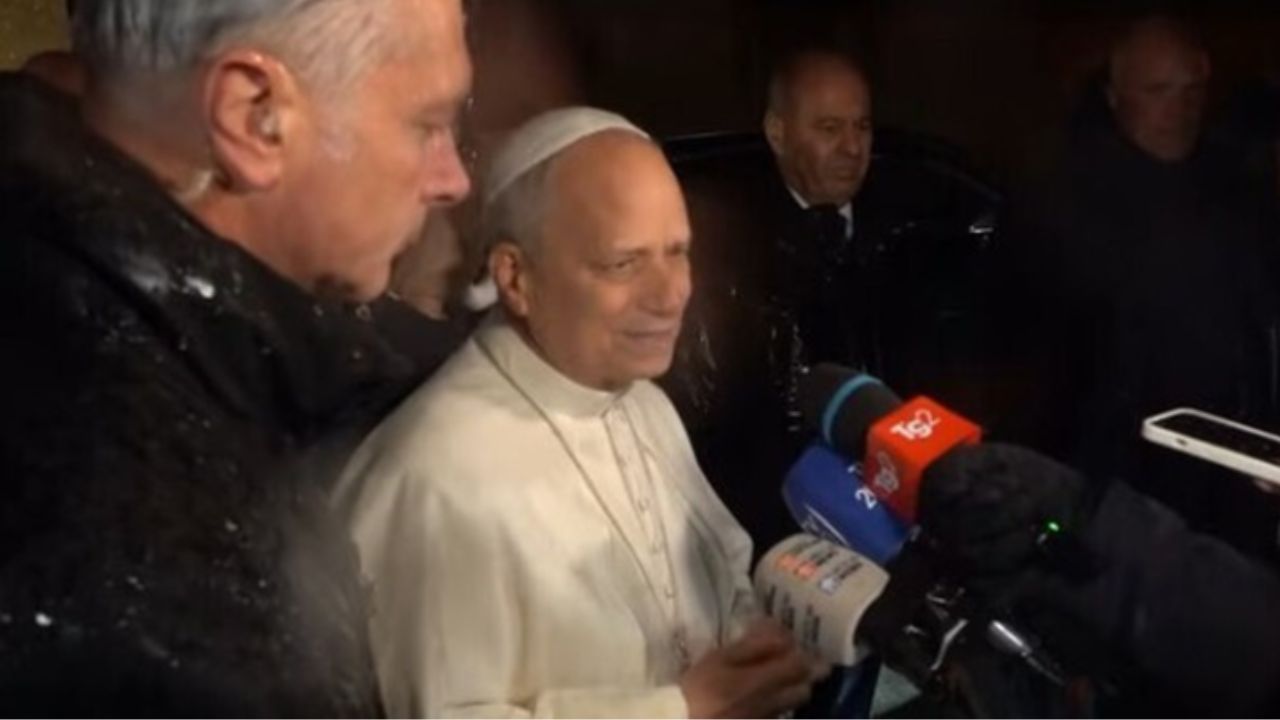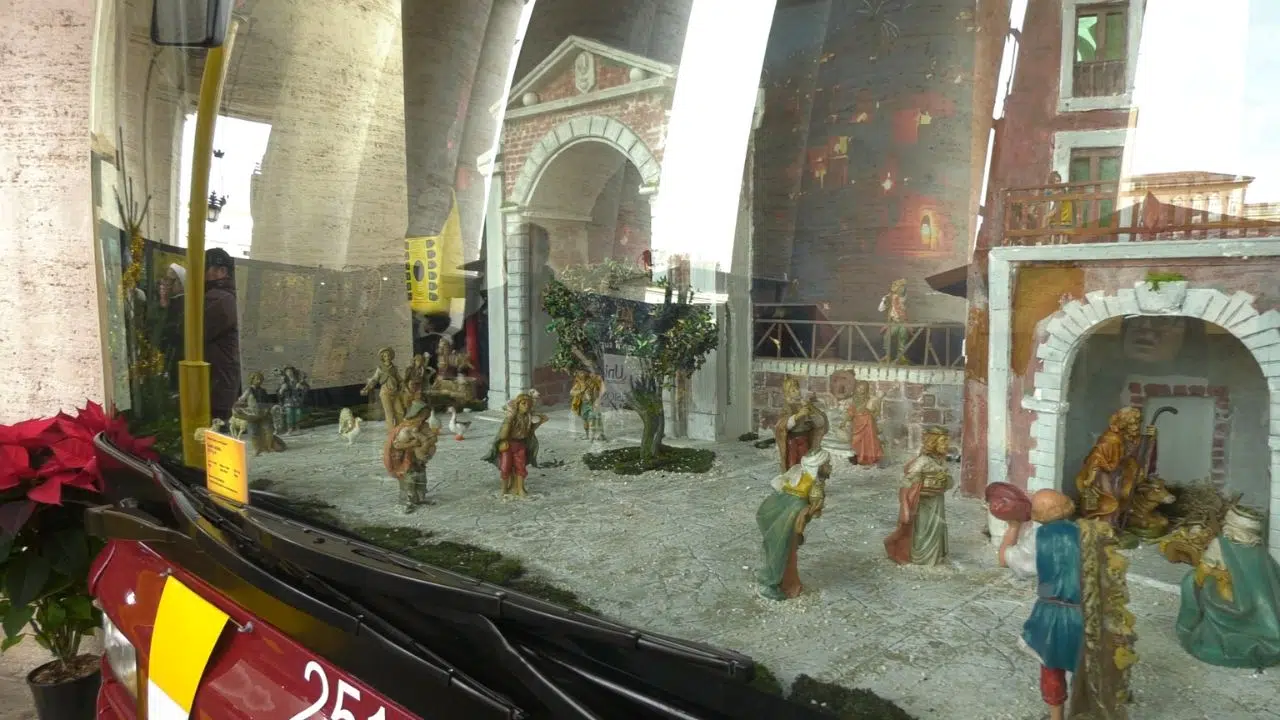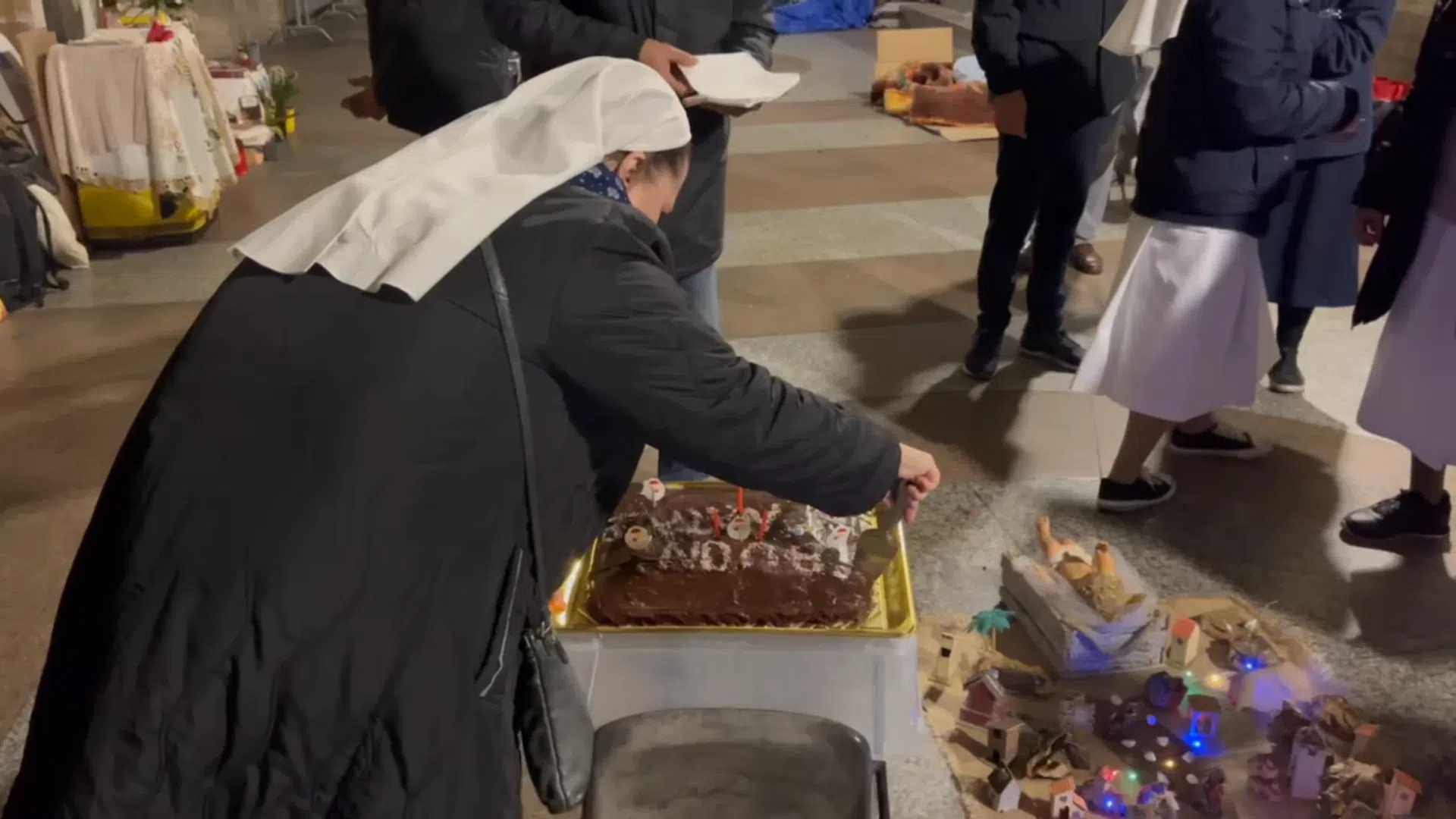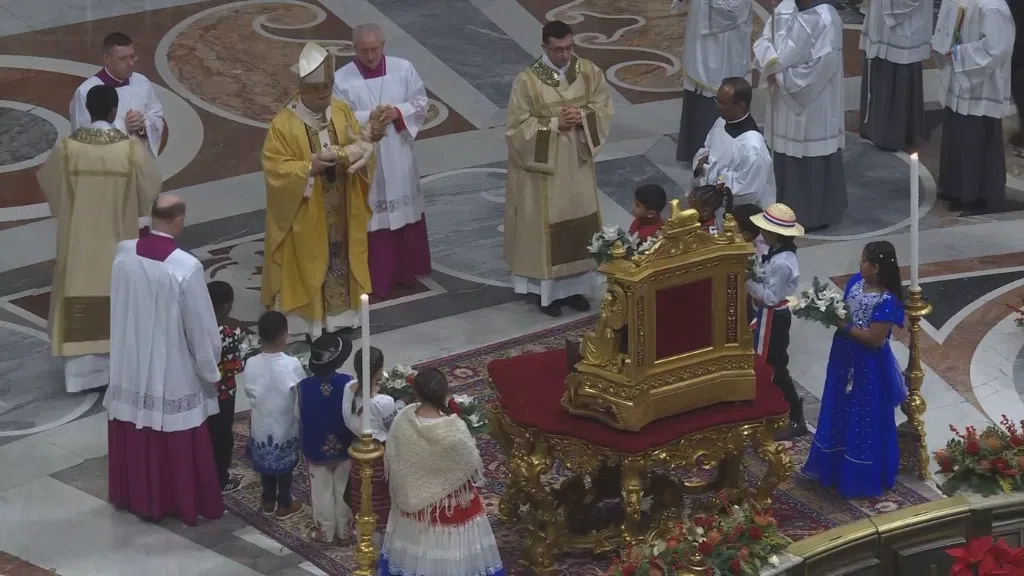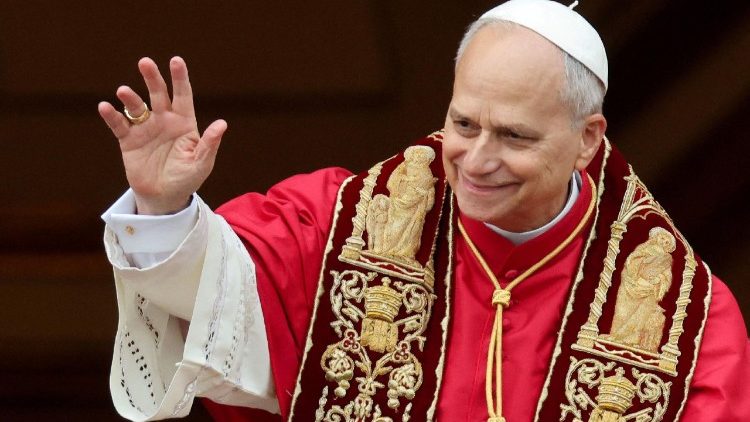A phone call from a son thought dead for two years can be a mother's indescribable joy in a life upended by war.
For people like Mohamed Daood, who spent two years in a detention camp in Libya, violence, fear and exile are anything but old news and abstractions.
MOHAMED DAOOD
Refugee from Darfur
“They beat us, something like this. The people say you are slaves. They beat the people, punish the people. There is no food.”
For Mohamed, it wasn't just the physical abuse he endured that made a lasting impact. It was also the verbal affront to his dignity.
MOHAMED DAOOD
Refugee from Darfur
“When you call me a slave, it hurts more than a punch. Of course you have to know that. When someone says to you, you are a slave.... Try to kill me, but do not call me a slave because I know myself, who am I.”
Mohamed was a student in the western Sudan region of Darfur. He fled his war-torn home and went to Libya with the intention of crossing the Mediterranean into Europe.
In Libya however, he lost all contact with his family, who eventually believed him to be dead. After two years, the UNHCR, which has been organizing evacuations from Libya, flew Mohamed to safety in Rwanda, a country that has welcomed hundreds of refugees since September, 2019.
MOHAMED DAOOD
Refugee from Darfur
“I feel like I have gone back home. Yes, this is my home. I feel that this is my home, because I see in the eyes of the Rwandan people, really, they love others. I see the love in your eyes. That's why I love this country, I love these people.”
Mohamed is but one of thousands of victims of on-going war around the world.
In response to this tragic suffering, Pope Francis has, on several occasions, publicly advocated the emptying of detention camps in Libya. During an encounter with refugees in the Vatican, he even unveiled a cross made from the life-vest of a migrant lost at sea. During his address at the event, he called the detention camps “places of torture and reprehensible slavery.”
Claudia Torres
